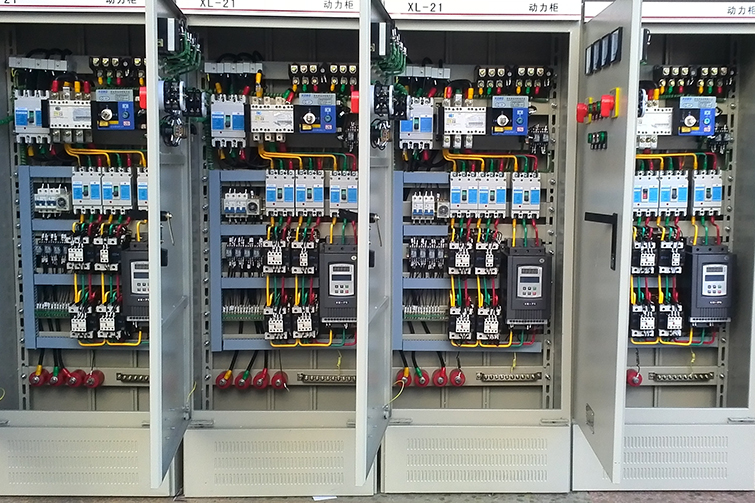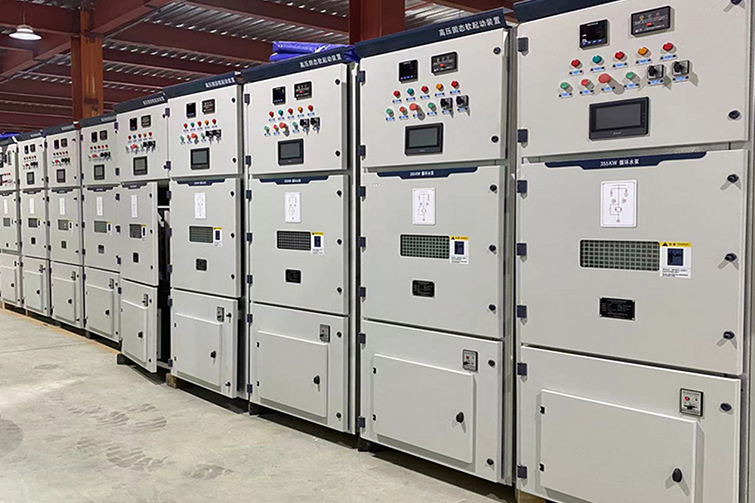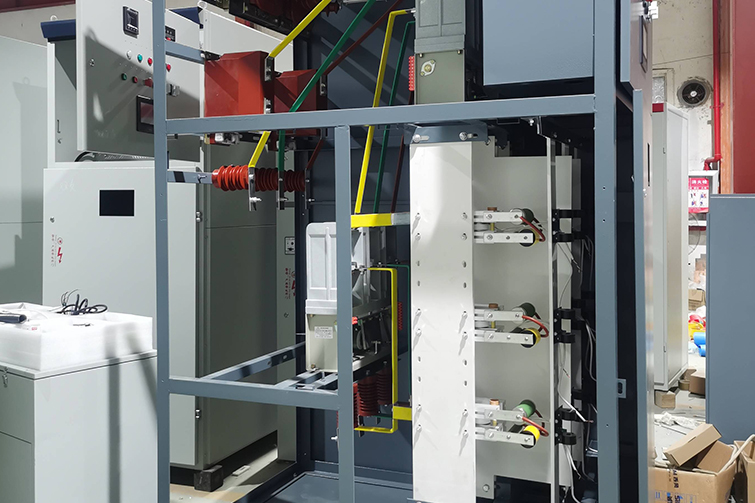

What Are Solid-State Soft Starters?
A solid-state soft starter is an electronic device used to control the voltage applied to an AC motor during startup. By using thyristors (SCRs) or other semiconductor devices, the soft starter limits the initial inrush current and reduces mechanical stress on the motor and connected equipment.
Key features of solid-state soft starters include:
- Gradual Voltage Ramp-Up: The motor voltage is increased gradually over a predefined period.
- Customizable Start Profiles: Users can adjust parameters such as ramp time and starting torque.
- Protection Features: Soft starters often include overload protection, phase imbalance monitoring, and undervoltage protection.
- Compact Design: Compared to traditional starting methods like autotransformers, soft starters occupy less space.
Advantages of Solid-State Soft Starters
1. Reduced Mechanical Stress
Direct starting methods, such as DOL (Direct-On-Line), can cause abrupt torque surges, which may lead to wear and tear on the motor and driven equipment. Soft starters minimize these surges, extending the lifespan of mechanical components.
2. Lower Inrush Current
High inrush currents during direct starting can strain electrical networks, potentially causing voltage drops and affecting other equipment. Soft starters significantly reduce these currents, ensuring stable power supply operation.
3. Energy Efficiency
Although soft starters are primarily designed for startup and shutdown, their ability to minimize losses during these phases contributes to overall system efficiency.
4. Improved System Reliability
With integrated protection features, soft starters enhance the reliability of motor systems by preventing damage due to electrical faults or overload conditions.
Applications in Medium and High Voltage Motors
Solid-state soft starters are particularly beneficial in industries where medium and high voltage motors (typically 2.3 kV to 13.8 kV) drive large loads, such as:
- Oil and Gas: For compressors, pumps, and fans.
- Mining: To power conveyors, crushers, and grinding mills.
- Water and Wastewater: For large pumps and blowers.
- Power Generation: To control auxiliary equipment such as feedwater pumps and cooling tower fans.
Challenges and Considerations
1. Heat Dissipation
Soft starters generate heat during operation, especially in medium and high voltage applications. Adequate ventilation or cooling systems are essential.
2. Voltage Drop Sensitivity
The initial voltage reduction can impact sensitive applications. Proper tuning and integration are required to balance startup performance with system requirements.
3. Cost
Solid-state soft starters can be more expensive upfront compared to other starting methods. However, their long-term benefits often justify the investment.
Conclusion
Solid-state soft starters are an essential component for medium and high voltage AC motor systems, offering smoother startups, reduced stress, and enhanced efficiency. Their ability to adapt to diverse industrial needs makes them a valuable tool in optimizing motor performance and extending equipment life. As technology advances, the integration of smart features, such as IoT connectivity and predictive maintenance, will further enhance their capabilities, making them indispensable in modern industrial setups.






